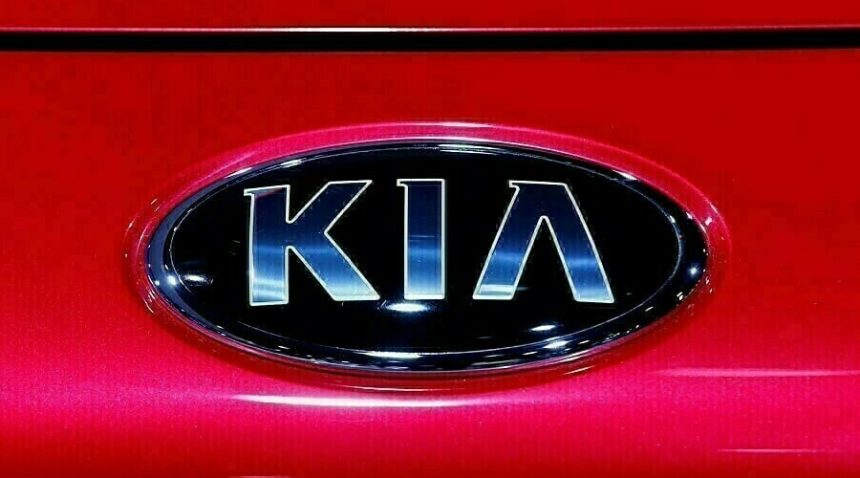2025 Sales Forecast: Hyundai and Kia Eye Improvement
Hyundai Motor Co. and Kia Corp., from South Korea, plan to increase their combined automobile sales by 2% in 2025 to 7.39 million vehicles. This goal was achieved after 2024 sales were reduced by 1% to 7.23 million vehicles, less than the previous year’s sales. The challenges resulted in declining demand and sales in the European and South Korean markets, even though the company had excelled in the American market.
Economic and Political Challenges Impact 2024 Performance
Hyundai and Kia’s potential economic and, more importantly, political sensitivities and changes within the market can directly affect demand. In December 2024, South Korean consumers faced a steep decline due to political difficulties, such as President Yoon Suk Yeol’s impeachment and the announcement of martial law.
In the United States, where Hyundai has influence, President-elect Donald Trump’s plan to introduce a universal 10% tariff on imported products is an additional risk. Hyundai has recently made some moves in this direction, including increasing production at its factory in Georgia to benefit from federal Inflation Reduction Act (IRA) tax incentives.
Boost from U.S. EV Tax Credits
Hyundai and Kia made a major accomplishment: Five of their electric vehicles (EVs) are now eligible for the tax incentive program in the U.S. Hyundai Ioniq 5 and Kia’s EV6 are among those that can now access up to $7,500 in subsidies, options that should strengthen the companies’ position in the competitive American EV market.
These tax credits, established under the IRA, prompt buyers to purchase cars assembled and sourced in a specific manner. Hyundai and Kia meet these requirements by designing and assembling EVs locally, with plants in Georgia and Alabama. As per a report released in 2024, Hyundai Motor Group became the second-largest seller in the EV segment in the U.S., controlling almost 10% of the market share.
Uncertainty Surrounding U.S. Policy and Global Demand
Although the expansion of tax credits supports Hyundai and Kia’s EV sales in the U.S. market, risks under the Trump administration may discourage market shifts. Trump has criticized the IRA subsidies, which have created uncertainty about the future market conditions for EVs for all brands, including Tesla.
Hyundai and Kia are still global competitors compared to Japanese rivals Honda and Nissan, which are also planning to join forces to create the world’s third-largest automobile company by 2026. Some of the concerns mentioned include conditions in Europe and emerging markets to provide credibility to Hyundai and Kia’s chances of meeting its 2025 objectives.






